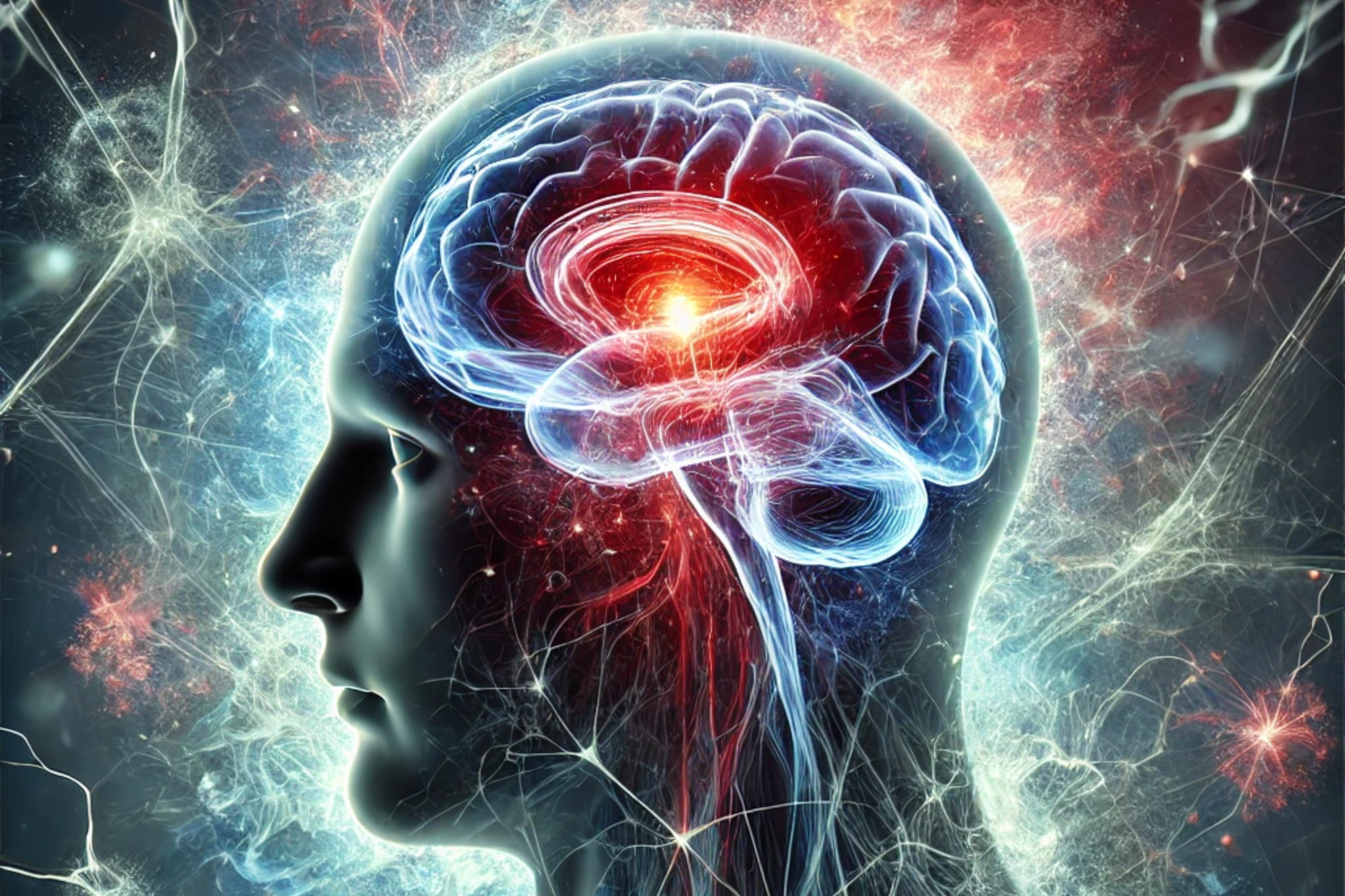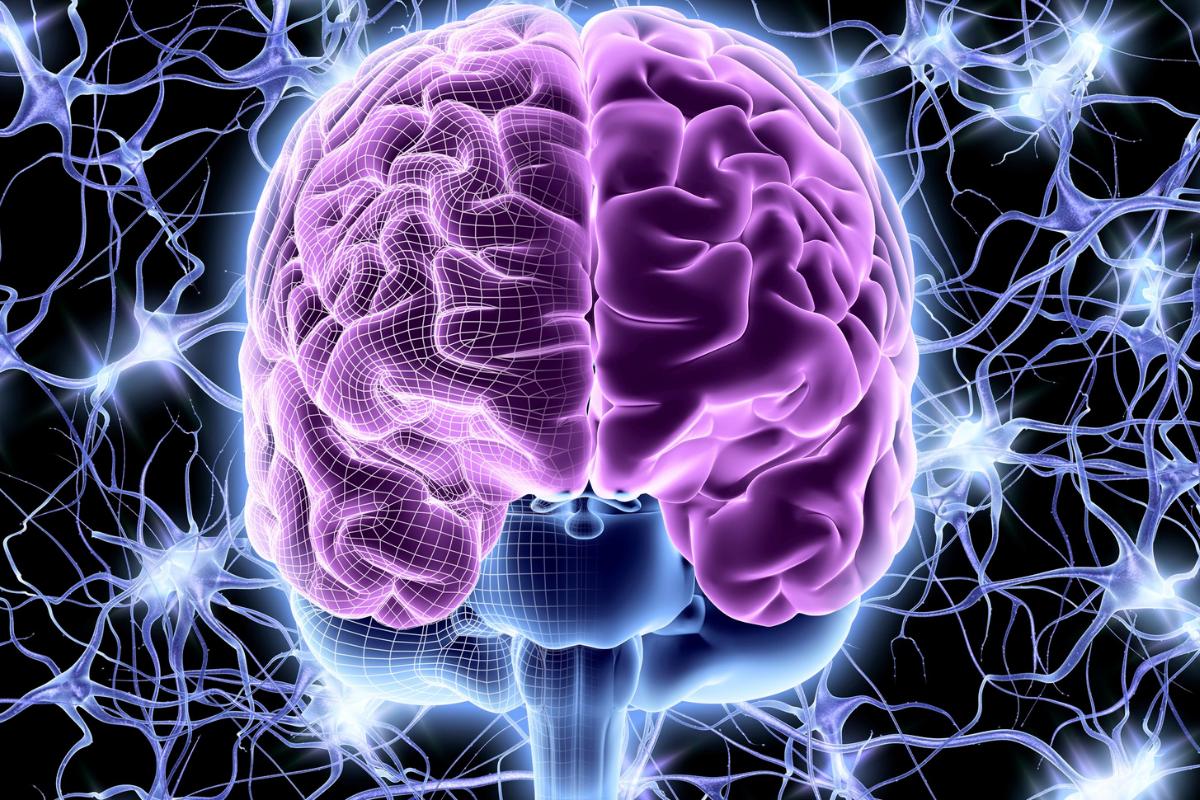By Dr. Petrus Raulino
Research published in the journal Brain Science and carried out by the Department of Psychiatry at the University of Campania, Italy, suggests that calcium homeostasis may play a role in the severity of the disease. Bipolar disorder.
Serum levels of calcium, vitamin D and parathormone (PTH) can theoretically be used as markers of chronic inflammation and, consequently, of neuroinflammation.
Calcium homeostasis is involved in various physiological processes, such as balancing the homeostasis of the musculoskeletal system, immune modulation, the antioxidant defense system and various inflammatory processes.
PTH (parathyroid hormone) regulates circulating and intracellular calcium levels in the Central Nervous System. At high levels, it can induce cell death due to calcium overload.
PTH also promotes the conversion of vitamin D into its active form and is involved in neuroprotective and anti-inflammatory regulation. Vitamin D modulates the synthesis of neurotransmitters, influencing mood.
High levels of PTH may be associated with neural damage and are associated with greater burden and worse clinical outcomes in Bipolar Disorder.
In the published study, 199 patients with Bipolar Disorder type 1 (54.8%) or type 2 were selected. None of the patients had neurological or substance abuse comorbidities. Blood samples were obtained for testing from all patients.
Search results
The main finding of the study was the association between high PTH levels and the severity of Bipolar Disorder, which may be due to several factors.
Firstly, PTH levels can influence levels of chronic neuroinflammation, which is significantly associated with a greater burden of disease and a more severe clinical presentation of the disorder.
High levels of PTH can lead to alterations in neurotransmitters, dysfunctional brain development, reduced immunoregulation and anti-inflammatory actions.
Secondly, the relationship between high PTH levels and age of onset may be due to a chronic vitamin D deficiency, which triggers the neuroinflammation process.
Thirdly, the association between aggressive behavior and high levels of PTH can be explained by the role of calcium imbalance in the synthesis of neurotransmitters of serotonin through the tryptophan pathways.
Finally, it is known that 25% of patients treated with lithium may experience hypercalcemia secondary to increased PTH levels.
Conclusion
The results suggest that calcium imbalance may influence the long-term prognosis of Bipolar disorder. PTH, vitamin D and calcium levels in patients with Bipolar Disorder should be monitored as they are a marker of clinical severity.
References
Steardo, L., Luciano, M., Sampogna, G., Carbone, E. A., Caivano, V., Di Cerbo, A., ... & Fiorillo, A. (2020). Clinical severity and calcium metabolism in patients with bipolar disorder. Brain sciences, 10(7), 417.
Milenkovic, V. M., Stanton, E. H., Nothdurfter, C., Rupprecht, R., & Wetzel, C. H. (2019). The role of chemokines in the pathophysiology of major depressive disorder. International journal of molecular sciences, 20(9), 2283.
Naifar, M., Guidara, W., Ellouze, A. S., Jmal, K., Omri, S., Messedi, M., ... & Ayadi, F. (2019). Bipolar disorder vulnerability: The vitamin D pathway. Canadian journal of psychiatry. Revue canadienne de psychiatrie, 65(3), 184-192.
Meehan, A. D., Udumyan, R., Kardell, M., Landén, M., Järhult, J., & Wallin, G. (2018). Lithium-associated hypercalcemia: pathophysiology, prevalence, management. World journal of surgery, 42(2), 415-424.
Altunsoy, N., Yüksel, R. N., Cingi Yirun, M., K?l?çarslan, A., & Aydemir, Ç. (2018). Exploring the relationship between vitamin D and mania: correlations between serum vitamin D levels and disease activity. Nordic journal of psychiatry, 72(3), 221-225.







